New tools to widen the appeal of the opera
The process of co-creation is central to widening participation in the opera, giving citizens a role in the development and production of new works. The Traction project developed new technologies and used co-creation to involve citizens in everything from developing stories to creating costumes to performing on stage, which will help renew opera as an art form, as Mikel Zorrilla explains.
The opera is an integral part of European culture, a dramatic, passionate art form with the power to move and inspire, yet it needs to reflect different voices across society if it is to retain its relevance. This issue lies at the heart of the Traction project, an EU-funded initiative which aims to engage communities in producing and performing opera, and in the process to widen participation. “We believe that co-creation is a key word in terms of widening participation. We aim to involve different people and communities in opera,” explains Mikel Zorrilla of Vicomtech, a partner in the project. People in some communities may not previously have felt opera was for them, an issue Zorrilla and the whole Traction consortium are working to address. “We are using this co-creation approach across three different trials in the project,” he says. “We have created an environment where opera professionals and people from different communities – El Raval in Barcelona, young inmates at a prison in Leiria in Portugal and a range of communities in Ireland – work together.”
Co-creation process
These types of communities are all at risk of exclusion from the opera, which is commonly viewed as being an elitist, inaccessible art form, despite its popular roots. In the case of El Raval, the Liceu opera house sits right in the heart of the neighbourhood, yet many local people don’t really think of attending. “Many local residents don’t go there, they think operagoers aren’t from El Raval,” says Zorrilla. One aim in the project is to challenge this perception through co-creating three exploratory operas, which had several stages. “In the first phase of the process we established a dialogue with
people in the community. Then we co-created the operas, rehearsed and produced the operas, and then finally we performed them,” outlines Zorrilla. “This community dialogue and co-creation has been done differently across the three different trials. For example, in Barcelona the librettist Victoria Szpunberg conducted a lot of interviews with different people across the Raval, listening to them and hearing their stories.”
This provided inspiration for the libretto that Victoria Szpunberg composed for the Barcelona opera, La gata perduda (The Lost Cat), while a different approach was adopted in Leiria. Regular sessions were held with the inmates in accordance with the prison schedule, following which the libretto was developed; while it
about what they were going to be asked to do, and what the outcome was going to be, were very important.”
The same holds true for opera professionals accustomed to high standards and commitment from everybody involved in a performance. In Leiria, the professionals would have liked to rehearse a lot more for the performance of O Tempo (Somos Nós) (Time (As We are) than proved possible, while sometimes inmates couldn’t attend due to disciplinary issues. “The nature of working in a prison meant it was essential to have a plan B,” acknowledges Zorrilla. The Co-creation Stage, one of the digital tools developed in the project, played an important role in this respect, helping connect people in different
designed to promote the co-creation process via social media. This tool played an important role in the third trial within Traction, which brought together several communities from different areas of Ireland.
“During the Covid lockdowns the cocreation space was used a lot for workshops to work on the composition for the opera, called As an nGnách (Out of the Ordinary). The composer Finola Merivale was based in New York, while communities at different locations in Ireland were working together on the composition,” outlines Zorrilla. There is wider interest in these digital tools, so Zorrilla says the impact of the project’s work will be felt beyond the end of the funding term. “We have explored other scenarios beyond opera, for example participatory theatre for remote audiences with the co-creation stage,” he says.
The VR Opera has been led by Irish National Opera (INO), which audiences will watch through virtual reality headsets. While this will be a highly immersive experience, bringing audiences closer to the characters and the music, people may also want to socialise and share their opinions of the performance, an issue which Zorrilla says has
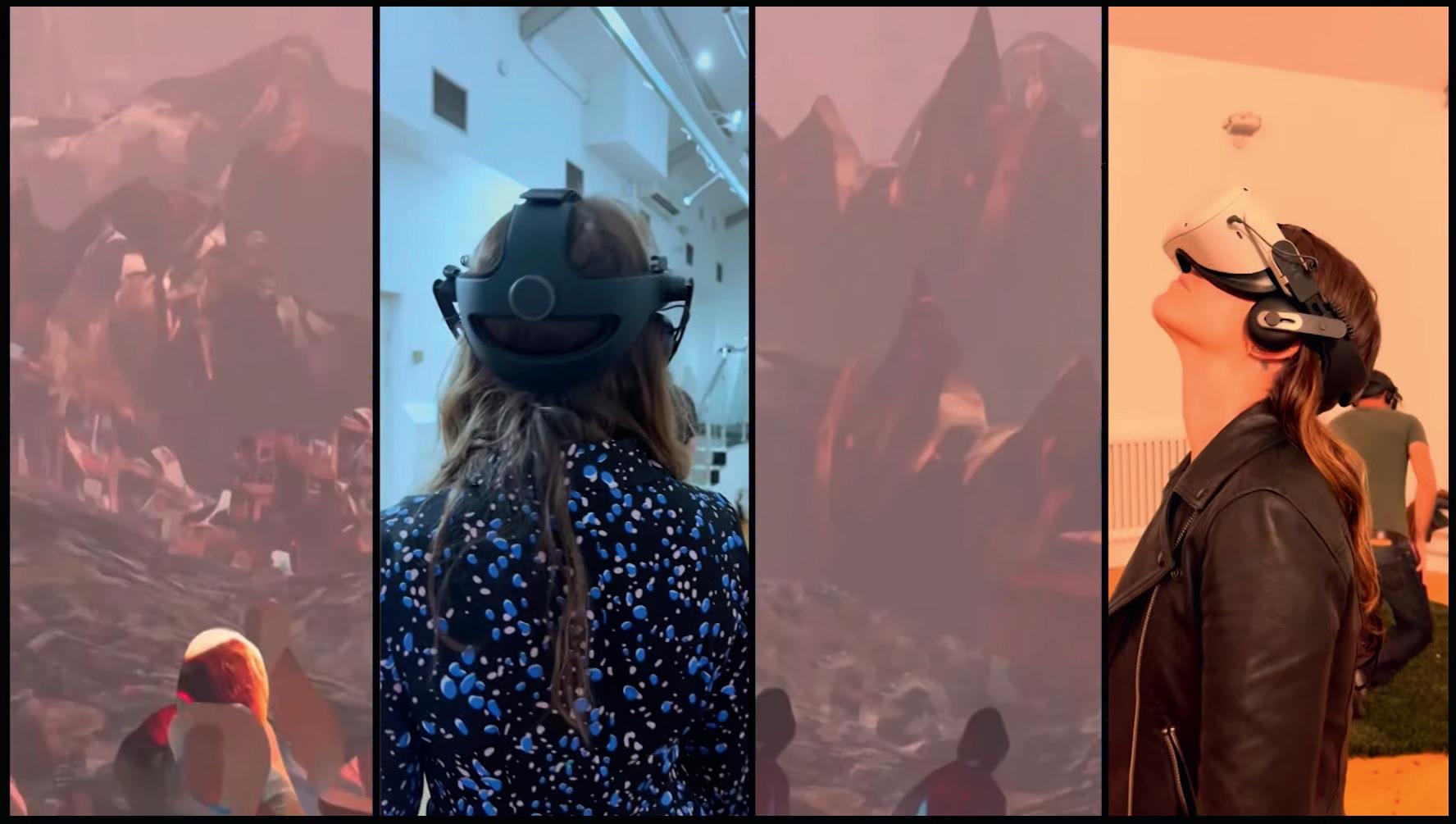
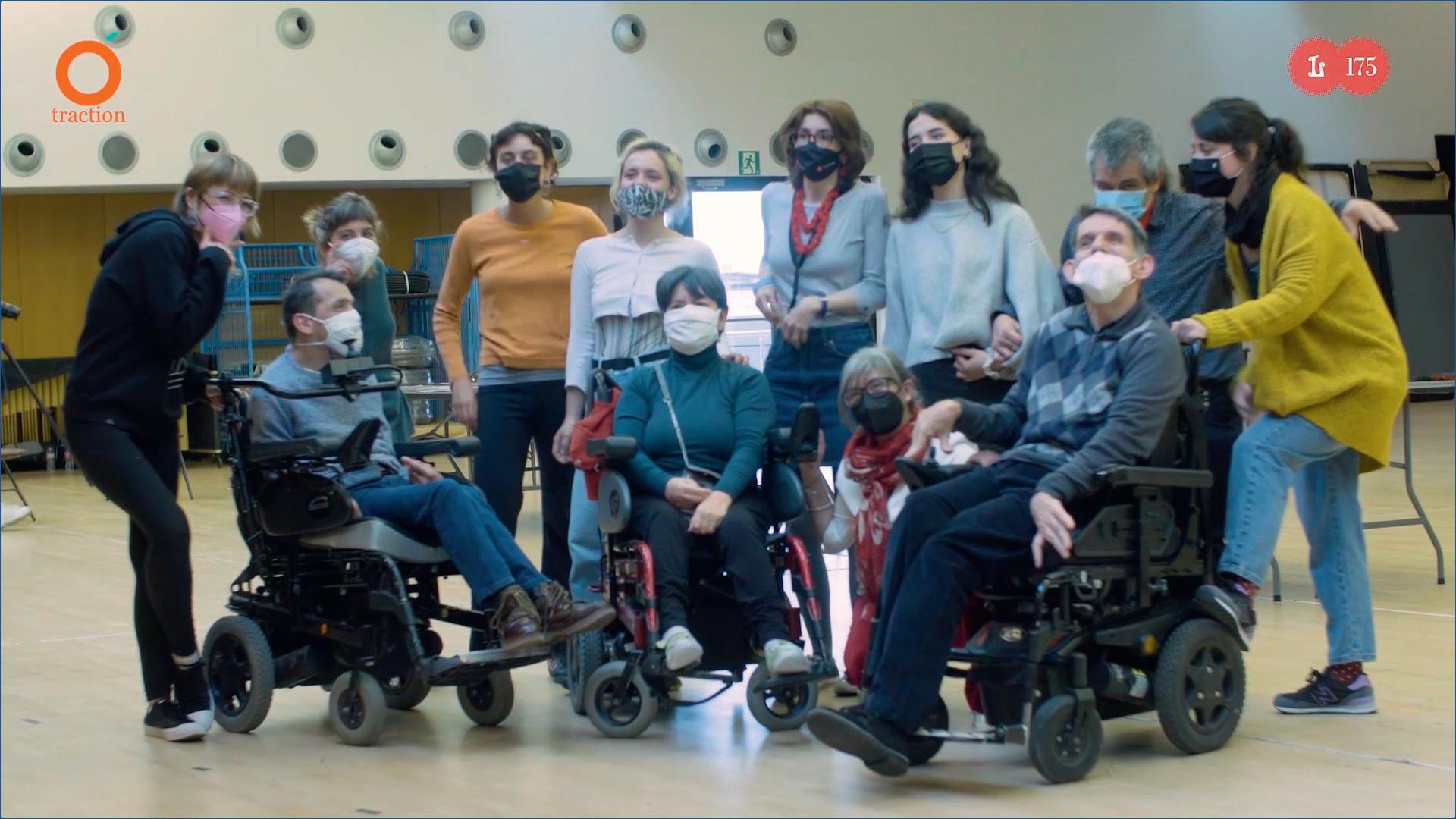
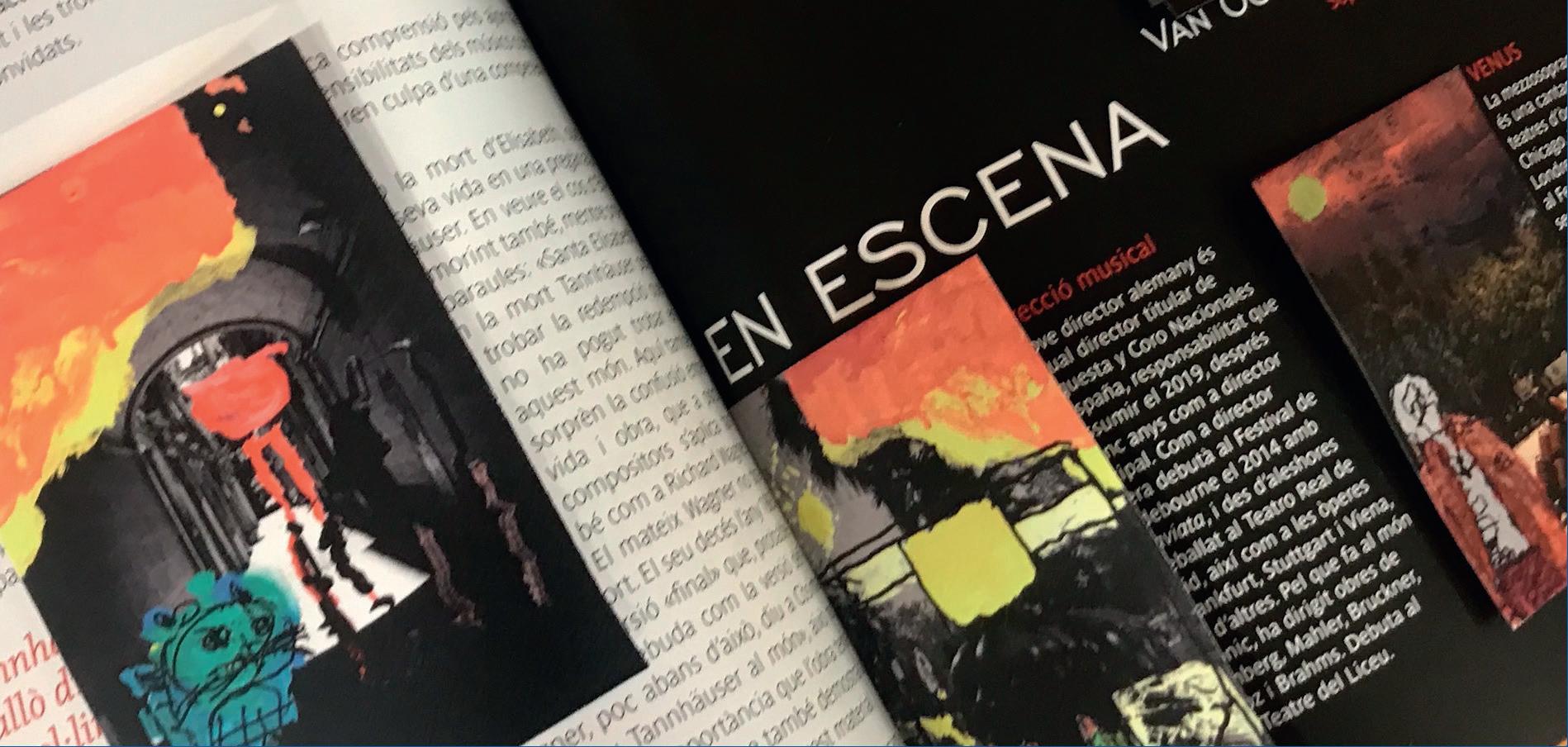
been taken into account. “We have tested some exploratory formats with users, so that watching a VR opera is not an isolating experience. There is a kind of shared lobby like you have in an opera house where you can meet with friends, share opinions and learn more about the opera together,” he says. This is all part of demonstrating that opera does matter and showing how co-creation can be used to create inspiring works that resonate with audiences; some key guiding principles have been identified in this respect. “The principles of awareness, equality, ambition, responsiveness, passion and hopefulness are at the heart of co-creation,” says Zorrilla. These principles are at the heart of the book and policy recommendations that have been produced in the project, while the partners are exploring ideas for new operas based on cocreation, following on from La Gata Perduda’s success in winning the best musical at the Max Awards. This will help establish a lasting legacy from the project’s work. “At Vicomtech we are working to improve the co-creation stage and the co-creation space, and each of the consortium members is thinking about how to continue with our research and our work,” says Zorrilla.
TR aCTIoN opera co-creation for a social transformation
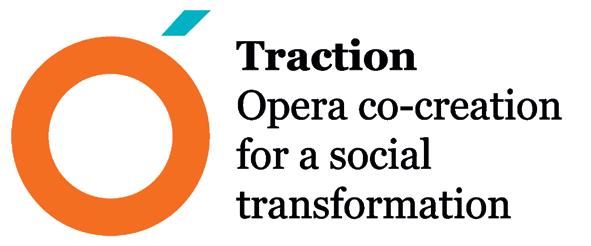
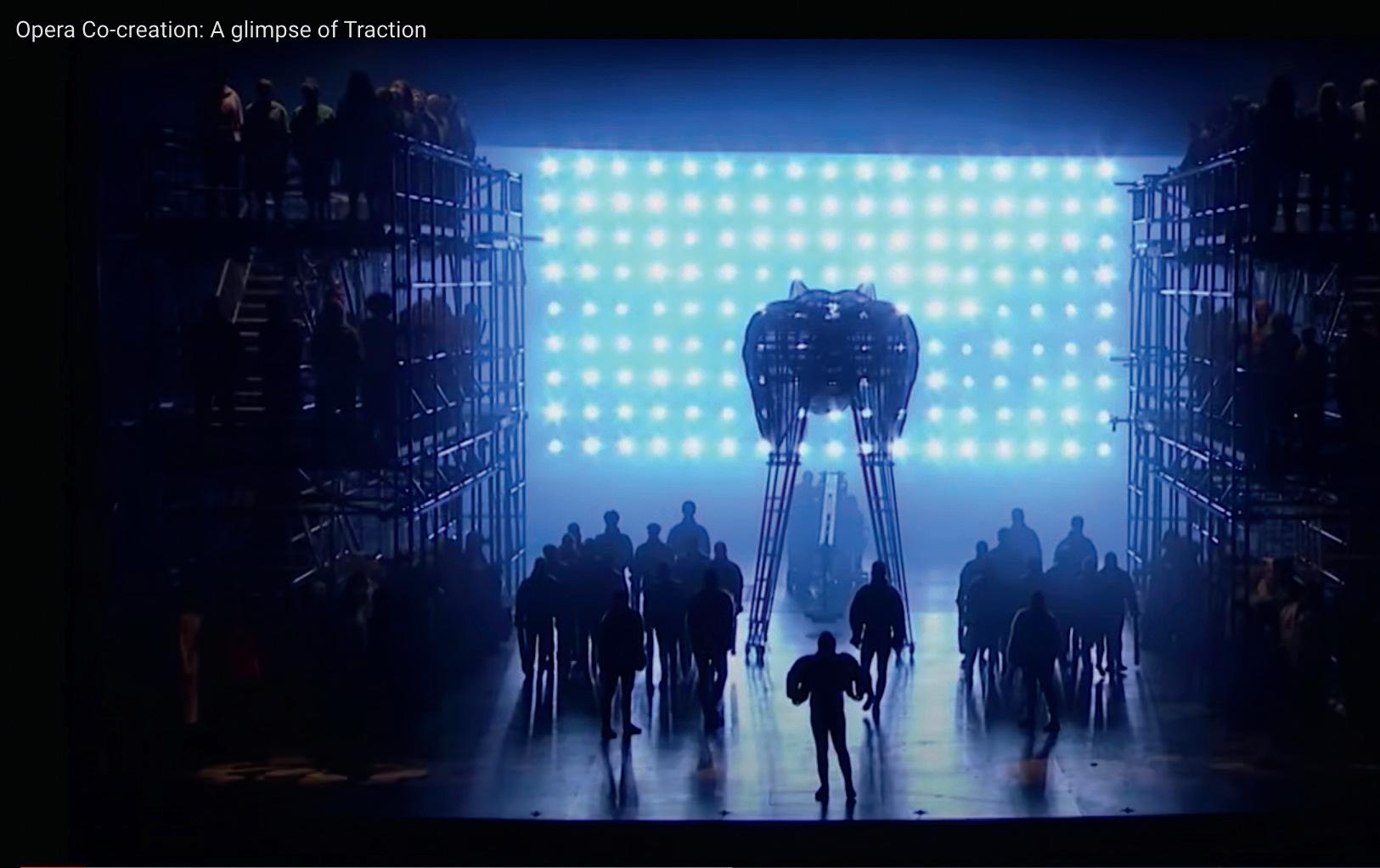
Project objectives
Traction aimed to contribute to opera’s renewal as a territory of cultural and social inclusion, by moving from the limited policy of cultural democratisation towards the more demanding idea of cultural democracy, which involves finding new ways for people at risk of social exclusion to co-create opera performances with professional artists, telling stories that are important to them, and reconnecting the form with its socially progressive potential.
Project Funding
This Project has received funding from the European Union Horizon 2020 research and innovation programme under grant agreement No 870610.

Project Partners
https://co-art.eu/about-us/who-we-are https://www.traction-project.eu/consortium-2/ Vicomtech has been the coordinator of the Traction project.
Contact Details
Mikel Zorrilla
Project Coordinator of Traction Head of Digital Media at Vicomtech Mikeletegi Pasealekua 57, Donostia-San Sebastian (Spain)
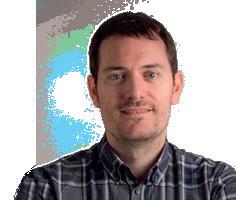
T: +34 943 30 92 30
E: mzorrilla@vicomtech.org
W: www.vicomtech.org
W: www.traction-project.eu
W: www.co-art.eu
W: https://co-art.eu/over-to-you/resources

might be expected that opera professionals would take most of the responsibility here, Zorrilla says the inmates played a full part. “The inmates decided who the composer would be and what the story would be about,” he says. The professionals have far more experience in writing and performing operas, yet they were being asked to cede a degree of control to people in these communities, so it was very important to set clear expectations. “People in these communities may not have been aware of what they were involving themselves in when they agreed to participate in the co-creation process,” says Zorrilla. “So their expectations
locations. “The co-creation stage allows people to perform together from different locations at the same time,” explains Zorrilla. “For example, we had a main stage in Lisbon for the performance. Some of the inmates were allowed to travel there with some guards, relatives and professionals. We also had a secondary stage in the prison, for those that were not allowed to travel, but this allowed them to be part of the performance.”
Two new digital tools
A second digital tool developed in the project was the Co-creation Space, which was
Mikel Zorrilla is the director of the Digital Media & Communications department at Vicomtech and has led and participated in several national and international research and innovation projects. Previously, Mikel has held positions as a researcher in Ikerlan S. Coop. and in Vicomtech since 2007. Dr. Zorrilla has been an associate professor at Deusto University and Universitat Oberta de Catalunya.
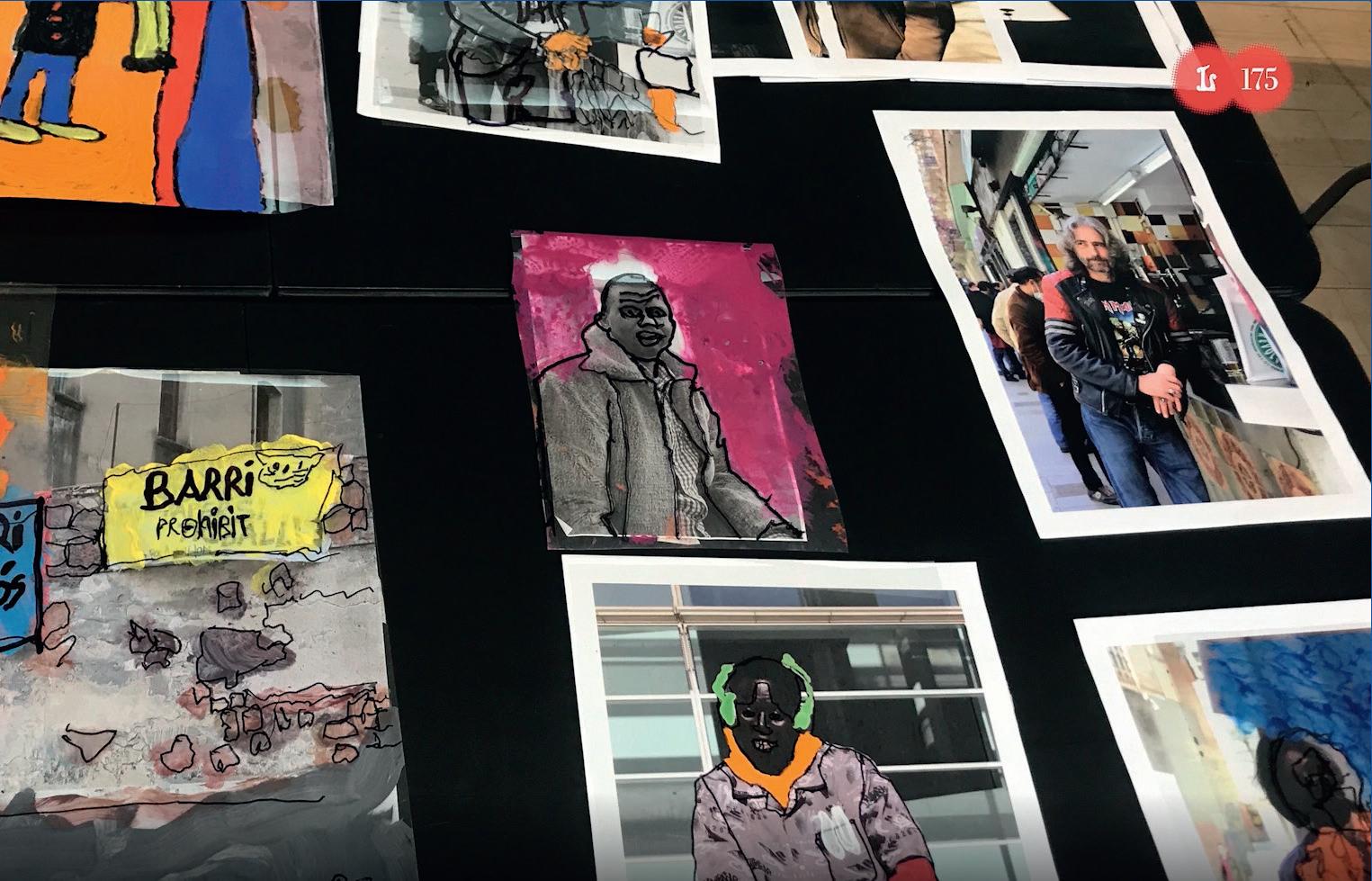
We have created an environment where opera professionals and people from different communities – El Raval in Barcelona, young inmates at a prison in Leiria in Portugal and a range of communities in Ireland – work together.Mikel Zorrilla
